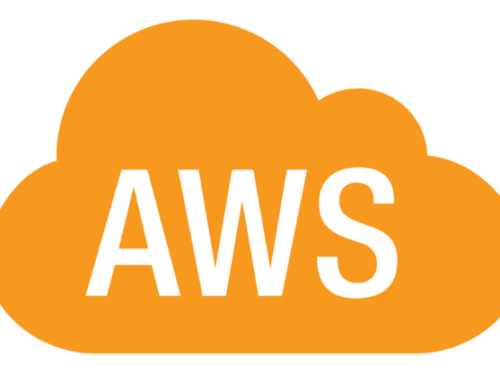In this post: Learn about the use of Check Point vSEC to protect your assets in the cloud environment.
Network virtualization provides a range of business benefits, including increased productivity, reduced hardware costs, and faster server provisioning and deployment. In fact, an increasing number of companies are adopting Infrastructure as a Service (IaaS) technology because it enables improved agility and operational efficiency. However, with this technology comes new security challenges that you need to address to protect your assets in the cloud.
That’s where Check Point vSEC comes in.
Cloud Technology Presents New Security Challenges
Network virtualization makes private and public cloud operations faster and more affordable for businesses, providing the flexibility that enables companies to easily create, move, and delete applications in the cloud. However, typical perimeter security is not designed for these types of environments. More traffic is moving from East to West in the network, and this movement between virtual machines isn’t visible to standard perimeter security controls. Fewer controls to secure this east-west traffic means that once a threat has entered the network, it can begin to attack critical databases and applications without any restrictions.
Though businesses that utilize a public cloud or IaaS have some limited security protections through their cloud providers, some concerns remain about protecting private data. If you use a public cloud, you share the security responsibilities with your cloud provider. The cloud provider offers infrastructure protection, but you want to be able to control your own data and keep it private while also protecting any cloud assets. Additionally, you want to ensure you remain compliant with federal regulations.
Check Point vSEC: Cloud Security at its Finest
Seeing the need for a new approach to cloud security, Check Point created vSEC for public and private cloud protection. Check Point vSEC helps protect your assets in the cloud from serious threats. The security product provides dynamic scalability and intelligent provisioning while allowing for consistent control across your networks.
When it comes to private cloud security, Check Point vSEC helps prevent threats from spreading within your software-defined data center. It is integrated with the VMware NSX network virtualization platform, enabling the product to extend proactive protection against malware and zero-day attacks inside your data center.
This security offering was designed with the scale and flexibility of private cloud data centers in mind. This means that, as virtual machines are created and moved, Check Point vSEC applies advanced security automatically without affecting availability. If a threat is detected within a virtual machine, vSEC will quarantine the infected VM so it can be remediated, helping effectively contain the threat to prevent it from impacting other VMs within the data center.
When it comes to public cloud environments, Check Point vSEC enables reliable connectivity to your company’s cloud assets while also providing protection for applications and data. The security product offers advanced threat prevention across both public and hybrid cloud environments, giving businesses peace of mind knowing their data is protected. Check Point vSEC is available for Amazon Web Services, Google Cloud Platform, Microsoft Azure, and VMware vCloud Air, providing comprehensive protection for popular cloud environments.












